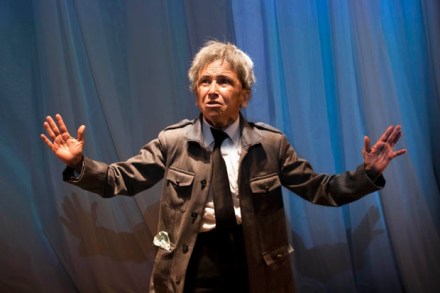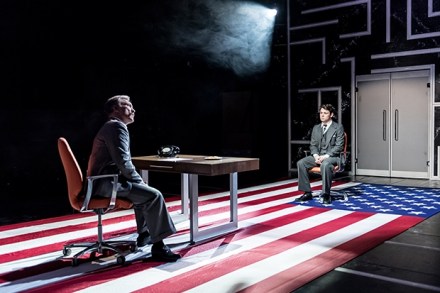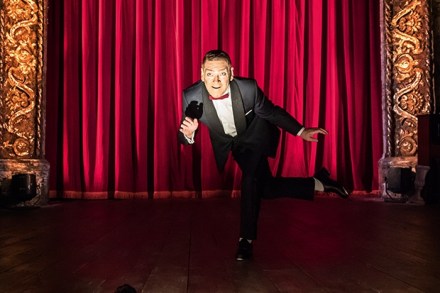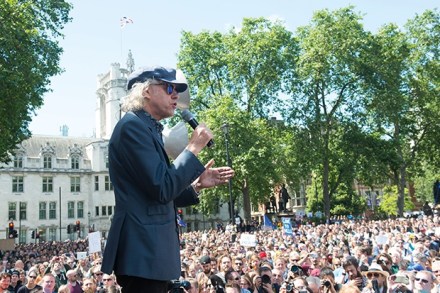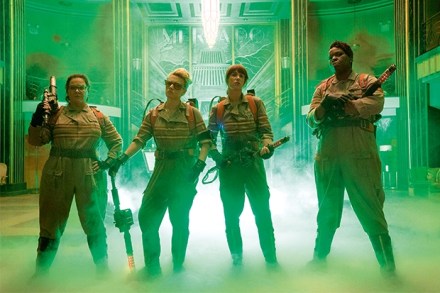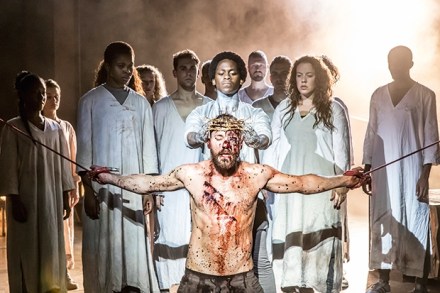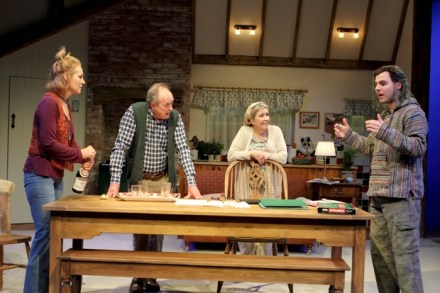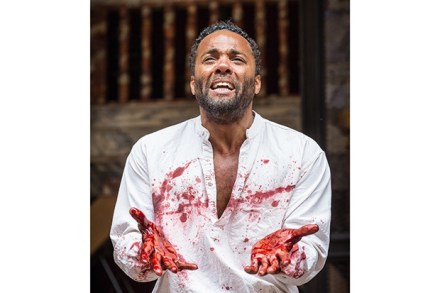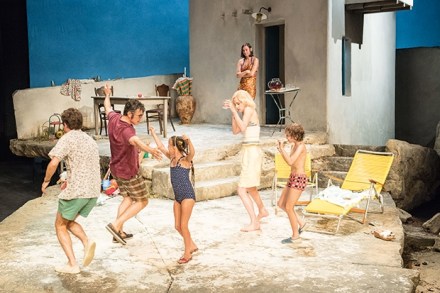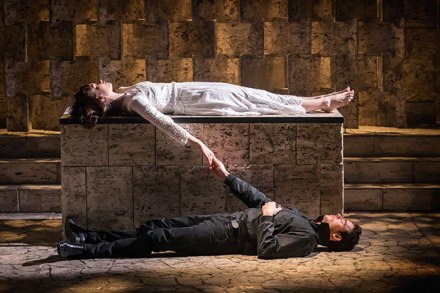In a league of her own
The Emperor seems like a worthy lesson in Ethiopian history. Haile Selassie’s final days are recounted by a retinue of devoted flunkies. He had valets, chauffeurs, zoo-keepers and door-openers to perform every conceivable chore. Each morning a butler proffered a silver dish loaded with meat from which the emperor fed his exotic pets. A clock-watcher, ‘the Cuckoo’, performed a coded bow during meetings to inform His Majesty that new suppliants awaited him. A royal bursar helped him hand envelopes of cash to petitioners who discovered, always too late, that the donation was barely a fraction of the sum expected. A cushion-handler ensured that his titchy legs were never seen to
